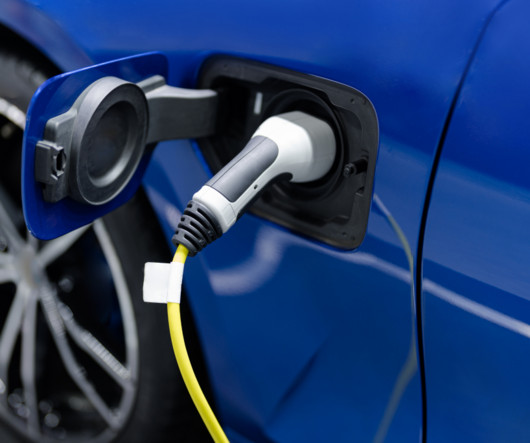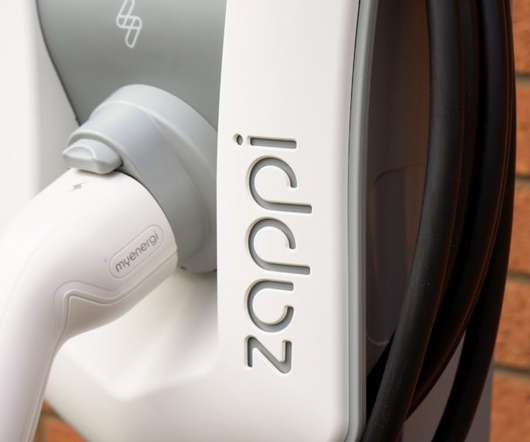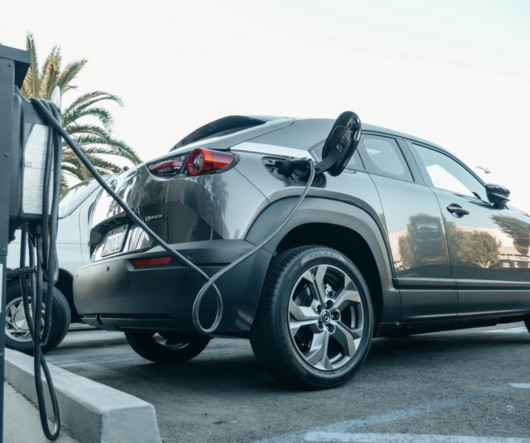Are public charging costs really putting the brakes on EV fleet sales?
My Energi
JUNE 7, 2024
After all, while public charging costs may indeed be rising, it’s still far more cost effective to charge an EV in general than it is to fuel a petrol or diesel car or van at that pump. In addition, charging costs are on average far lower than petrol or diesel alternatives – especially if you can charge at home or at the depot.












Let's personalize your content